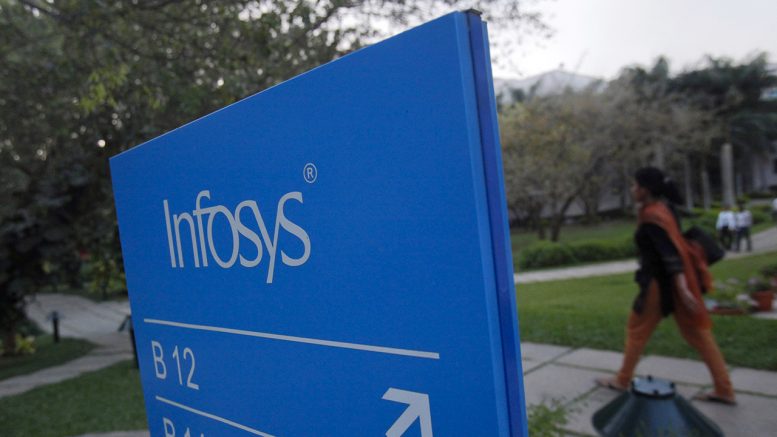A few US institutional investors are planning to file a class action suit against the board of Directors of Infosys Technologies Ltd (Infosys) which is in the eye of a storm following resignation by its CEO cum MD Vishal Sikka. Infosys is listed both in India and in the USA. The US listing became necessary after Infosys raised capital through public issue made there in the form of American Depository Receipts way back in 1999. It was a proud moment for the company as it created history by being the first to achieve foreign listing that too in the redoubtable Nasdaq exchange, meant for technology driven companies.
Their gravamen is Sikka’s exit has halted the progress of the company and that they had put their money on the basis of former CEO’s continued stewardship. Pro tanto, they aver, they stand to lose a sliver of their investments or capital gains. A moment’s reflection would show the hollowness of their claim. What is the guarantee that Sikka would have steered the company clear of the troubled waters the IT industry in India is generally finding itself in, and improved its profitability and fortunes? What is the basis for the implicit assumption that Sikka’s successor would be less competent than him?
But the moot question is whether a class action suit lies against the board of Infosys. The Infosys class action suit evokes memories of another class action suit filed by the American investors against Satyam Computers Ltd when its renegade and unscrupulous promoter Ramalinga Raju cooked up the accounts of the company to report a vastly greater turnover and profit than was the reality. And to complete the double entry he forged bank fixed deposit receipts of a gargantuan order—Rs 4,000 crore.
Small wonder, Satyam surged in both in the Indian and American bourses but investors in the latter were more vigilant and found out what was going on and started voting with their feet. Raju finding ground slipping from under his feet made a mea culpa in the winter of 2008 leading to a crash in Satyam shares. The class action suit that followed was indeed justified and bore fruits culminating in a clamor for similar machinery for the Indian investors who had to hold the can even as the American investors walked away with the cream. The Companies Act, 2013 provides for class action suit democratically for investors of both the hues—phirangi as well as desi. BTW it was Mahindra Satyam that footed the bill of whopping $125 million that included taxes and attorney fees.
Fast forward to circa 2017. Are the facts of Satyam and Infosys on all fours? No, not at all except, perhaps, tangentially and superficially—both belong to the IT industry. Satyam’s board was complicit in the shenanigans of Raju by looking the other side whereas its mandate was to rein in the avarice of its CEO. Small wonder the class action suit won. In Infosys’ case the class action suit by Americans is doomed to fail. And the possible one by Indians too is bound to meet with the same fate. Why? Because here the Infosys board wasn’t responsible for Sikka putting in his papers. He did so on his own, unable to withstand the continued and relentless pinpricks of its founder Narayana Murthy. Murthy was not even a member of the board. Nor did the board even tacitly back Murthy.
In the event, the US investors would be tilting at the windmills and its class action suit would be thrown out. It is another matter if a contrite Murthy pays reparation howsoever small to both Indian and American investors from out of his angel fund catamaran. But jokes apart the class action suit contemplated has no legs to stand on as it not only tilts at windmills but is based on wild assumptions.
Source: www.firstpost.com




